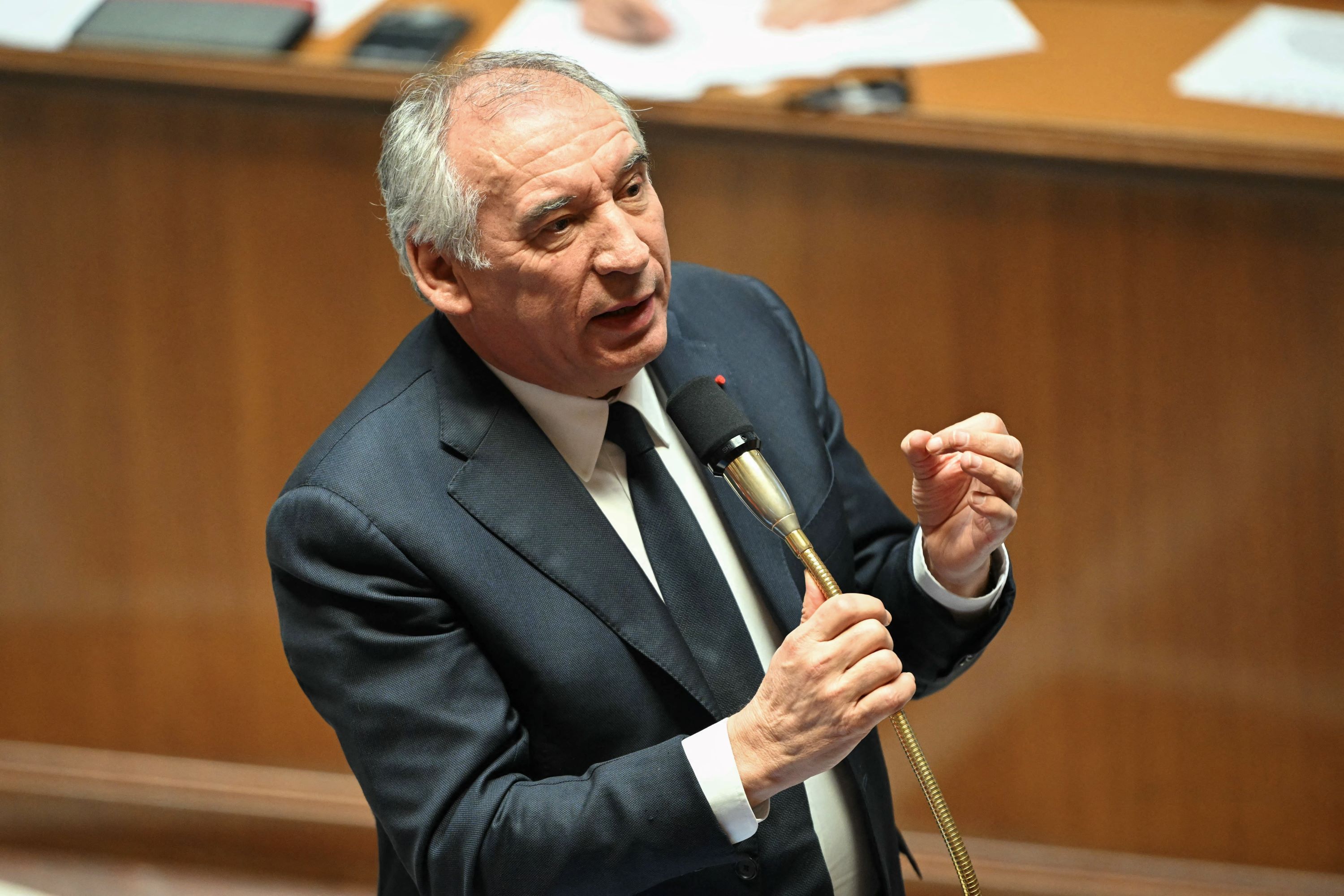
French Prime Minister Francois Bayrou survived another no-confidence vote Wednesday, clearing a key political hurdle toward implementing a delayed 2025 budget.
Only 121 out of 577 lawmakers in the National Assembly on Wednesday supported a far-left’s proposal to oust the premier over the social security chapter of the budget, which handles medical expenses. The social security budget bill will now face a Senate vote starting next week.
It was the fifth no-confidence vote Bayrou faced since he was appointed in December. His predecessor, Michel Barnier, was toppled precisely over the social security budget bill.
ALSO READ: French PM survives another no-confidence vote
Bayrou has been using a special constitutional provision to push the budget bill through the lower house without a vote, triggering censure ballots that could force him to resign like Barnier. But Bayrou has secured the implicit backing of the Socialist party, which doomed the motions to failure.
The main budget bill was approved earlier this month and is now being reviewed by France’s constitutional council, the country’s highest court. It is expected to be signed into law by President Emmanuel Macron in the coming weeks.
READ MORE: Macron lays out France's advantages to attract resouces for AI development
France is on its third government since Macron called a snap election last summer that fractured the National Assembly into three roughly equal blocs. The political turmoil that has reigned since has spooked investors and undermined economic confidence.
To meet a target of reducing the deficit to 3 percent of economic output by 2029, France will have to continue with large adjustments in each budget until then. The one just approved aims to cut the deficit to 5.4 percent of GDP this year compared with an estimated 6 percent in 2024.
There are a host of other issues in the coming months that could ensnare Bayrou, who remains vulnerable as he lacks a majority to protect himself from future no-confidence votes. The Socialists have already said they will table a censure motion in the next days over his aggressive statements on migration reform.
ALSO READ: France's government welcomes rise in deportations as it tries to stave off far right
Bayrou is also walking a tightrope on pension reform talks, which he promised to resume as a concession to Socialists in budget negotiations.


